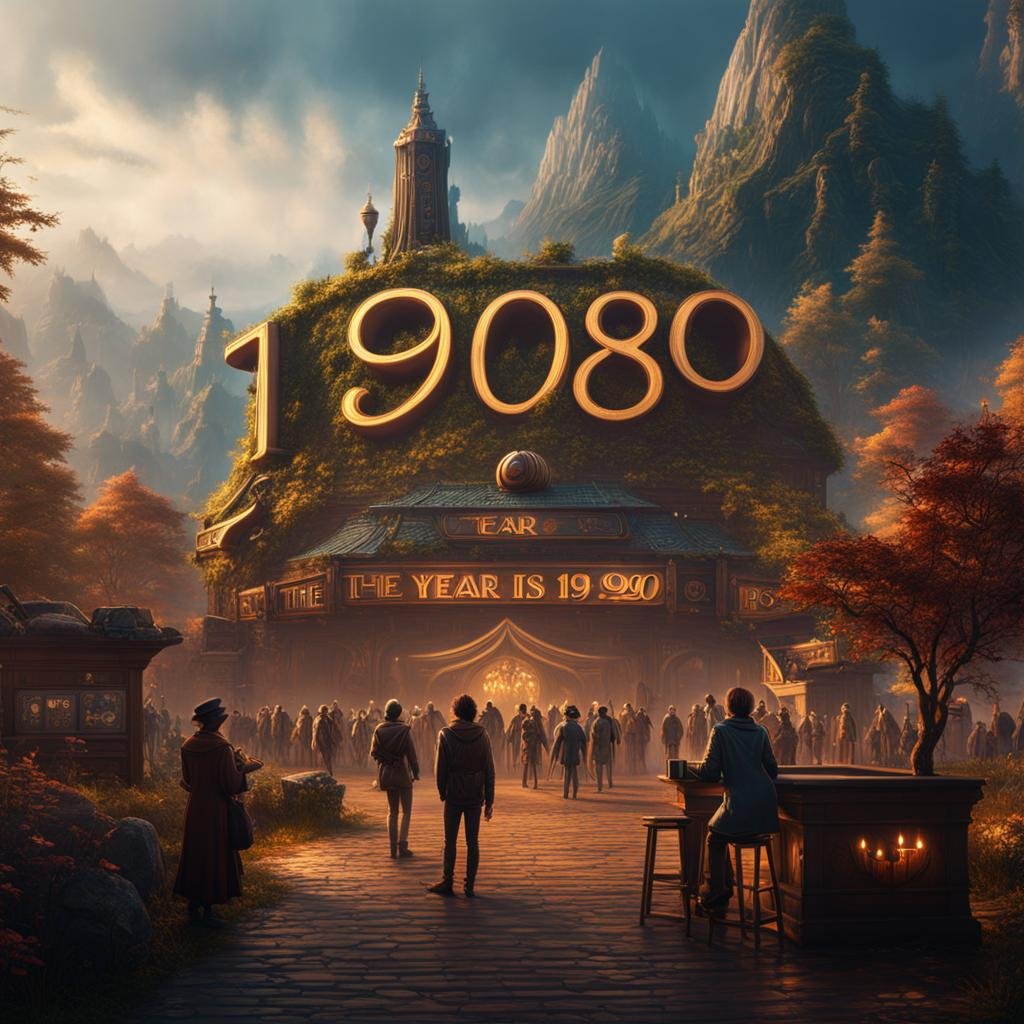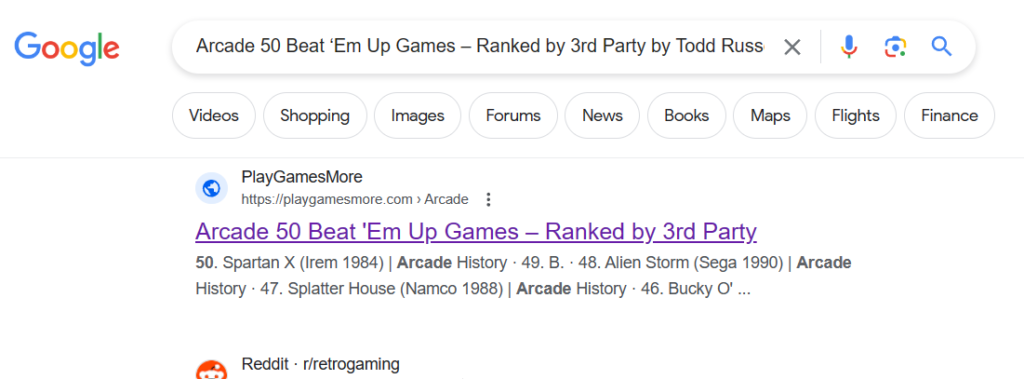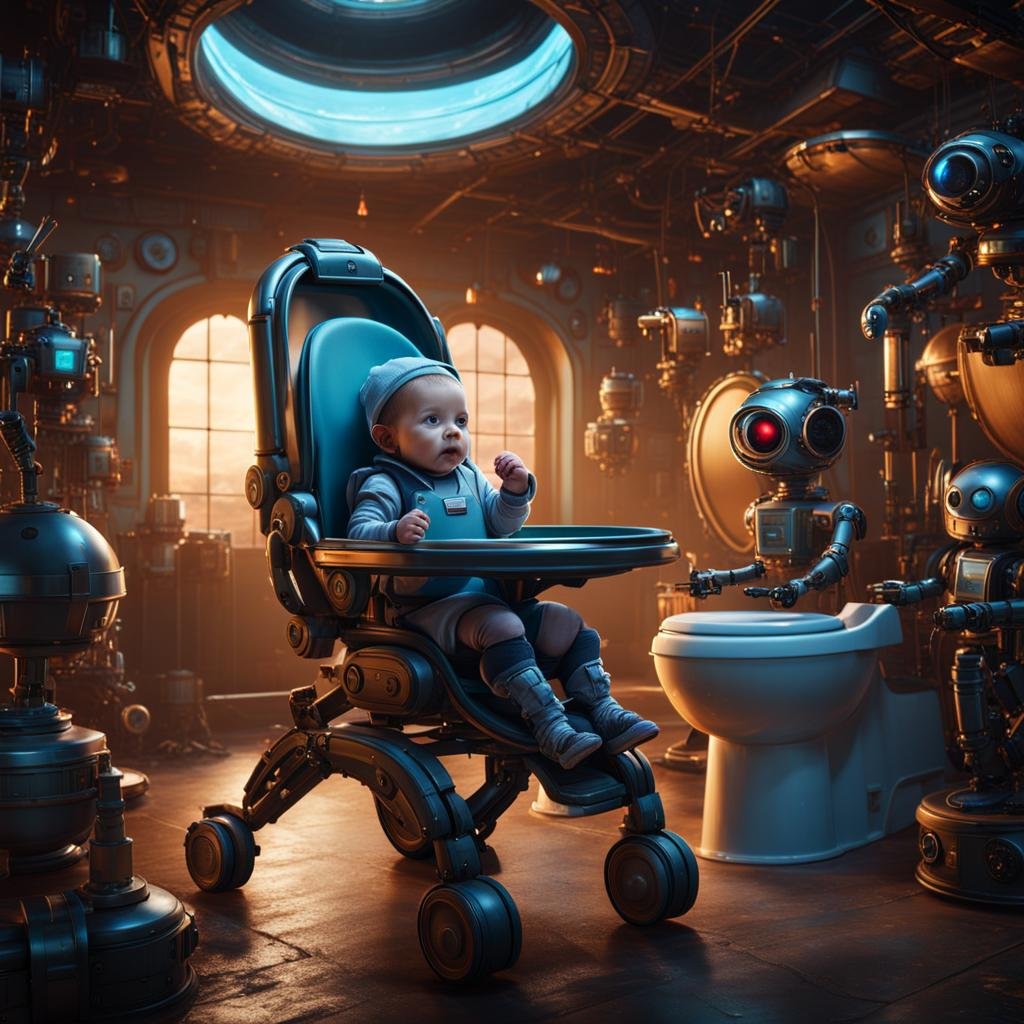The long reign of Google being #1 in search will soon have a foundation built around — you guessed it — AI.
Am having an immediate negative reaction to this:
At its annual developer conference this week, tech giant Google is expected to tout big changes to its signature product, search. Instead of directing users to a list of websites or showing them an excerpt, Google’s AI will craft paragraphs of text that tries to answer users’ questions directly.
The end of Google search as we know it – The Washington Post
If there is any savior in the quoted paragraph above, it’s the word “tries.”
Try. Didn’t Yoda already answer this in Star Wars: The Empire Strikes Back?

Luckily, Bing search still works enough to give me the results above. Will the new and improved Google search do the same?
For a long, long time in both real years and internet years I’ve been singing search engine praises for Google. It’s sad to finally to agree with The Washington Post’s headline and see a giant is falling to the seductive, but infantile and currently stupid allure of AI.
There is no AI. Say it with me a hundred times.
No true AI.
It simply does not exist. Not in the sense that is true sentience. It’s not there yet. It’s a mess of algorithms and code but it doesn’t learn anything on its own, only what it’s being fed, copies and regurgitates. Like a fly before it eats.
Am sure all these new-fangled tech luminaries that think they know better want to trap AI in a box, only to exclaim, “We have AI!” but it’s an illusion. A sad, sobering faux intelligence that doesn’t even qualify as artificial.
Despite the tone herein, I’m not anti-AI, I’m pro common sense. The “AI” we have right now is very, very young. Like embryonic young, and without any sort of real brain activity.
Does this work for some things? Sure, it’s functional, but still stupid. Like when I asked the AI to show me the text “1980s” and it shows me this mess instead:

Like just what is the year, dammit? (profanity for the sake of emphasis, not excess — another thing AI doesn’t and can’t yet comprehend).
Generative AI has trouble with literal text in generated images. Yes, there are workarounds, there are qualifiers and filters to make it seem smarter, but it’s dumb. Really, really dumb. Strike that, it’s not even dumb, it’s just … there. It exists, waiting for input from human beings and then tries its best to figure out what we want to create. It can’t really create, it can copy and reproduce based on what it interprets from text input from human beings.
From time to time, I’ll write about the thing in 2024 that is “AI” here, but not in the broader context, but more specialized focused on gaming. Here’s a few prior articles to chew on when you’re done with this one:
- OPINION: Google’s AI Genie Creating Faux 2D Platformer Games Likely Another Idea They Give Up on Too Soon (sidenote: the AI generated image used at the top of this article, also used in this article, intentionally)
- Generative AI may greatly expand NPC character interactions within next five years
After all, PlayGamesMore focuses on playing games. AI, at least in some way has been a thing for gaming since the beginning of videogames. There has always been some type of enemy intelligence to defeat when playing against the computer. This type of AI began as being very rudimentary, but has gotten better over the last 40+ years, a lot better in some games.
AI will get better, too. Yes, it will.
That said, from a search perspective, I don’t want what Bing has been offering with search results. Feeding me some chat responses instead of a group of results in an attempt to be an all-knowing computerized search assistant. Whatever they want to call it, that’s mostly undesirable. I’ve never really used Alexa that much, again, not wanting Amazon’s Alexa to do a bunch of stuff for me or answer questions. Maybe others in the world do want this? I don’t.
Sure, this type of quick answer to a question will work for very simple questions that don’t require any subjectivity.
At least when it comes to games, let’s stay laser focused on just that. When I ask Google to show me the best Beat ‘Em Up games, I would like a variety of sources to choose from to give me that answer. Maybe I’ll make a new friend, find a new source that a lot of other publications have voted up. I don’t want the Google AI to simply give me the answers plucked from those sources.
I want to see lists like this: Arcade 50 Beat ‘Em Up Games – Ranked by 3rd Party
Try to find a link to this page in Google. Just try. The only way you’re finding it here is if you add my name as the author and spell out the title almost verbatim like this

Very few people are going to remember this title and add me as the author, Google, so this is a search result so buried that you’d need thousands of the current AI assistants to find it, much less suggest it.
Part of the intelligent shaping of search research is in drawing our own conclusions with sources. That’s what these search assistants steal from human beings: our own thoughts, likes and dislikes. And when I say steal, I mean in the literal sense, if we are deprived of the lists that this AI assistant has taken from. Authors of articles are now taking the research from the copycat, not drawing their own opinions. It’s lame, uninspired and downright lazy.
So, I don’t like it from a publisher, editor and writing standpoint. I don’t want an “AI companion” to help me with research. Don’t need it. Sadly, the internet is littered with lazy netizens. Not everybody, not even most people, but too many people that want it “easy” instead of real or truly creative. These AI companions suck the life out of true creativity in place of an elaborate algorithm.
A quote snippet machine without a real brain, stripping out lines from this, that, this, that and maybe providing footnotes, maybe not? It’s like the 2024 version of the Tin Man from Wizard of Oz without the heart. Wikipedia without the people researching and collectively deciding upon what stays in, what’s omitted.
I don’t want a search engine to be a session with an AI chat wizard, do you? It’s like taking Microsoft Word’s Clippy out on a date and hoping for an intellectual conversation.
In fairness, because I like to try just about everything before completely condemning or admiring, I’ll take an extremely cautious wait and see approach on what the new Google search will be like. Maybe it won’t be the end of Google search as we know it. Maybe it won’t target more creative artists and publishers of creative artists and writers.
Maybe they will do what Bing did and sideline it, make it optional, not try to push it as the be-all, end-all.
To summarize, they are calling this Google Gemini and offering to let “AI” take the heavy lifting off of people researching and giving them results:
With AI Overviews, people are visiting a greater diversity of websites for help with more complex questions. And we see that the links included in AI Overviews get more clicks than if the page had appeared as a traditional web listing for that query. As we expand this experience, we’ll continue to focus on sending valuable traffic to publishers and creators. As always, ads will continue to appear in dedicated slots throughout the page, with clear labeling to distinguish between organic and sponsored results.
Google I/O 2024: New generative AI experiences in Search (blog.google)
I like the part bolded (by me) above — if it turns out to be true.
If not, we can only hope it’s one in yet another long line of Google failures. Something they play around with because it’s the trend, fad or whatever popular term of the year and then somewhere down the road throw back into the water like a fish that wasn’t big enough.
Google search already sucks for traffic to this website. It’s an extremely tiny percentage of traffic that flows from Google search to here, so if that means even fewer visitors, so be it. If Google in 2024 was anything like Google in 2004, I’d miss it much, much more. This “new” change seems like something Google never did 20 years ago They led, not followed.
We can only hope — and maybe pray, a bit — that Google isn’t copying Microsoft’s Bing. Your tech company truly has died when you’re copying instead of innovating.
Alas, no AI in 2024 can innovate … yet. We’re a long way from Skynet, Dorothy.
